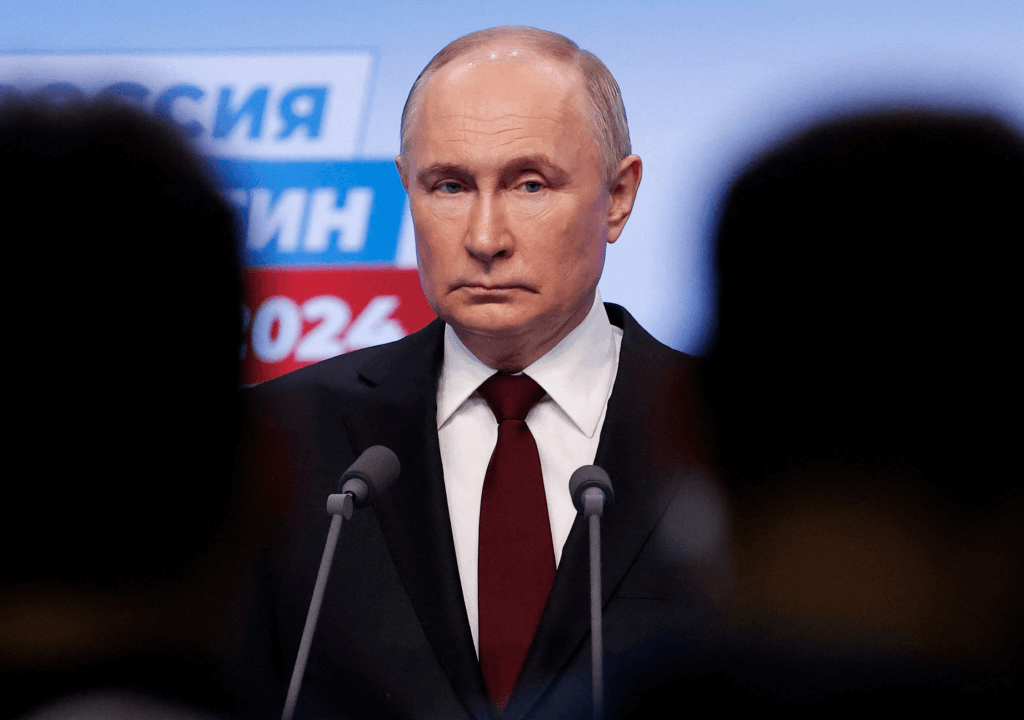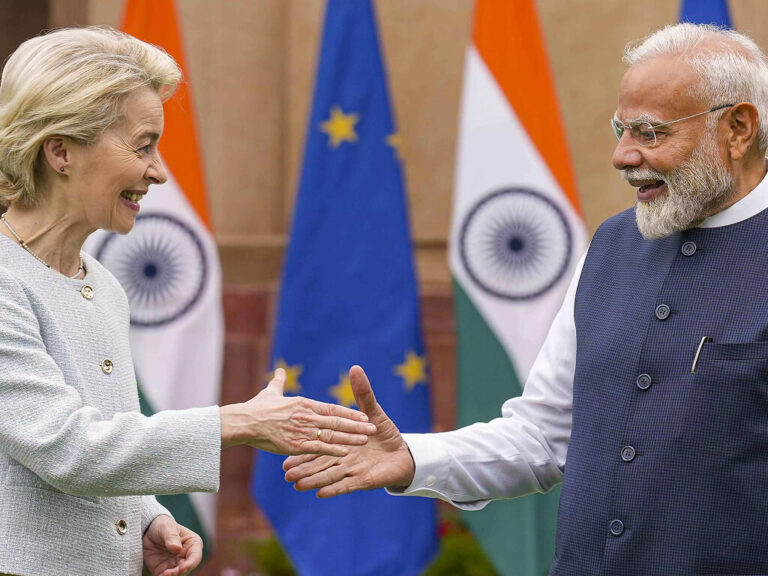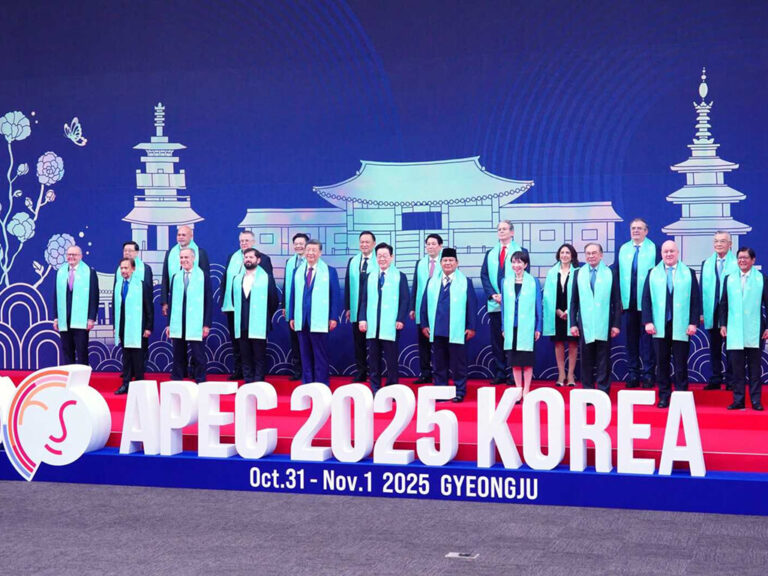In a notable comedy film titled “The Dictator,” featuring Sacha Baron Cohen portraying the character General Aladeen, there’s a memorable scene where the dictator organizes his own version of the Olympics called the “Wadiyan Games.” In this event, the dictator competes in a sprint race where all other contestants must show deference to him. Any attempt to surpass him results in dire consequences, as he fires upon them. Eventually, when he grows weary, authorities intervene to swiftly conclude the race. This sequence was eerily similar to the Russian election, but it’s more horror in real life instead of a comedy on the screen.
The Russian presidential election became the biggest drama of the year. All opponents are either jailed or eliminated, with selections manipulated by the authorities. Despite these glaring irregularities, the election proceeds, with the lion’s share of votes conveniently going to Putin. There’s no votes against mounting corruption, no votes over economic slowdown, and no votes from families of fallen soldiers. In this distorted scenario, it’s hardly a model of democracy.
Vladimir Putin has declared a resounding victory in Russia’s presidential election amidst widespread protests both within the country and abroad, highlighting concerns over his increasingly authoritarian rule, the conflict in Ukraine, and a highly orchestrated electoral process that seemingly guaranteed his triumph. The election, criticized by the United States as “Clearly Neither Free Nor Fair”, saw Putin leading with 87.14% of the vote after 75% of the ballots were counted. Trailing behind was the Communist party candidate, Nikolai Kharitonov. The government boasted a record turnout of 74% of eligible voters, with Putin’s previous highest vote share recorded in 2018 at 76.7%, accompanied by a turnout of 67.5%.
Putin delivered a victorious speech, acknowledging Western envy while staunchly affirming the fairness of the election. The conflict in Ukraine took center stage in his address, with Putin asserting his efforts to secure the border against recent incursions by pro-Ukrainian military units. He emphasized that his priorities as president would focus on the war in Ukraine, bolstering defense capabilities, and military strength.
When questioned about the potential for a direct conflict with NATO, Putin remarked, “In today’s world, anything is possible…,Everyone understands that such an escalation could lead to a full-scale third world war. I doubt anyone desires that”. This statement was accompanied by a stark warning of the risks of nuclear war.
For the first time, Putin addressed the death of Alexei Navalny, suggesting that he had consented to exchange the Kremlin critic for Russian prisoners in the West shortly before Navalny’s demise. “Regrettably, events unfolded as they did”, Putin remarked callously. “I agreed to one condition: a swap with no return. But that’s life”.
In the shadow of Putin’s expected triumph, Russia’s beleaguered opposition mobilized to demonstrate its own resilience. Long queues formed at numerous polling stations across Moscow and other Russian cities as citizens responded to a call from Navalny’s widow to cast their ballots at noon on Sunday.
Yulia Navalnaya, widow of Navalny, addressing supporters at the Russian embassy in Berlin, urged them to participate in a symbolic display of strength dubbed “Noon Against Putin”. This initiative, endorsed by her late husband before his untimely death in an Arctic prison a month prior, garnered significant attention.
Navalnaya was met with resounding applause and chants from voters as she expressed gratitude for their turnout to honor her husband. “You give me hope that our efforts are not in vain, that we will continue to fight”, she remarked in a statement on Sunday, revealing that she had inscribed “Navalny” on her own ballot paper.
Meanwhile, Navalny’s team called upon voters to invalidate their ballots, inscribe “Alexei Navalny” on the voting slip, or support one of the three candidates challenging Putin, despite the opposition’s characterization of them as Kremlin “Puppets.”
On Friday, Russian prosecutors issued threats of five-year prison sentences to any voters participating in the “Noon Against Putin” initiative. In Kazan, a southern city, over 20 individuals were detained by police for joining the protest, as reported by the independent rights monitor OVD-Info. Similar arrests occurred in Moscow and St. Petersburg.
In the lead-up to the election, Russian citizens engaged in various acts of protest, such as pouring dye into ballot boxes and initiating arson attacks at polling stations. Ella Pamfilova, Russia’s election commissioner, condemned those who spoiled ballots as “Bastards”, while former Russian President Dmitry Medvedev warned that such actions could result in treason sentences of up to 20 years. The Russian interior ministry reported 155 administrative charges and 61 criminal cases filed during the elections, Including 21 instances of obstructing voters’ rights.
Amidst Putin’s impending victory, Russia disqualified anti-war candidates, ensuring the Russian leader faced no substantive competition. Authorities barred two candidates critical of the war in Ukraine, leaving three others who did not directly challenge Putin’s authority. Their participation aimed to lend an aura of legitimacy to the electoral process.
Following constitutional amendments orchestrated in 2020, Putin is poised to seek two additional six-year terms after his current one expires next year. This could potentially extend his tenure until 2036, surpassing Joseph Stalin’s rule over the Soviet Union, which lasted 29 years. Consequently, Putin would become the country’s longest-serving leader since the era of the Russian empire. As Ukrainian President Zelensky aptly remarked, Russia now has a leader who appears addicted to power.








